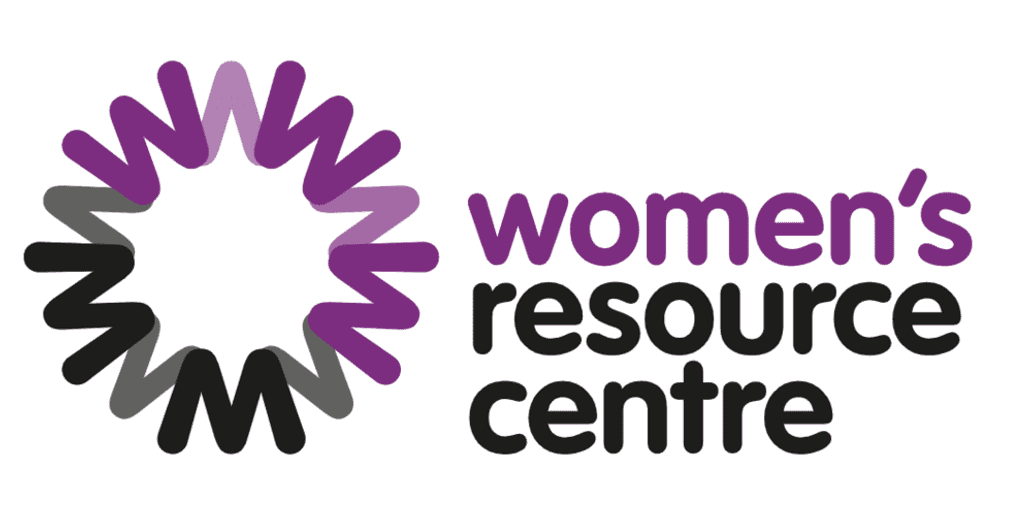September 2020 Blog - We’re in This Together: Why Our Collective Struggle as Women Must Include the Most Marginalised
We are 50 years since the Women’s Liberation Movement of the 1960s, and yet the need for collective work to protect all women’s human rights is as important now as it has ever been
14 Sep 2020
By Vivienne Hayes MBE, CEO of the Women’s Resource Centre
‘I am not free while any woman is unfree, even when her shackles are very different from my own.’ – Audre Lorde
We are 50 years since the Women’s Liberation Movement of the 1960s, and yet the need for collective work to protect all women’s human rights is as important now as it has ever been. The original Movement was a response to institutional sexism, and has expanded into a human rights campaign to protect women from exploitation, inequality, and sexism in all aspects of life.
Women’s organisations played a key role in passing Government legislation such as the Abortion Act 1967, the Prohibition of Female Circumcision Act 1985, and making rape in marriage illegal in 1991. But the struggles and achievements of the women whose work in the Women’s Voluntary and Community Sector (WVCS) contributed to the advancing of women’s rights has gone largely undocumented.
Now, we must face our continued struggle as women collectively, and that includes a focus on the concerns of the poorest and most marginalised women in our communities. During the coronavirus pandemic, for example, the women’s sector has been vital in bringing issues faced by women into the public eye, and into the awareness of politicians.
Victims of violence against women and girls, and the problems lockdown causes for women like loss of income or childcare for single mothers, have been gaining news coverage since lockdown began in March 2020. And yet, it has taken months of work and conversations to get the Government to take the women’s sector, which provides vital resources to support the poorest and most disadvantaged women in our society, into account for funding.
The new, points-based Immigration Bill will exclude essential key workers, who we know now more than ever that we depend on as a country as well as within our communities, by way of minimum salary criteria. Key workers have risked their lives during the pandemic, and it’s become clear that the UK Government still consider ‘unskilled’ work to be of lesser importance, despite being regarded as ‘essential’ and ‘key’ and paying it lip service through tokenistic applause and advertising campaigns.
Even without a global pandemic, there are still many groups of women who are overlooked, and who rely on the women’s sector for outreach and support. Our charities and organisations provide life-saving support for some of the most-ignored women in our communities, including Traveller women, migrant women, and women living in destitution.
If we are to progress as a sector, as women, and as a society who looks out for and supports everyone, we must work together collaboratively, and in solidarity, as a collective.
This pandemic and ensuing crisis has woken up many people to the real and frankly appalling discrimination and inequality across society, and we have a once-in-a-lifetime opportunity to work together to achieve real and substantive change. If not now, when?
The views expressed in this article are those of the author and do not necessarily reflect the views of the Traveller Movement.